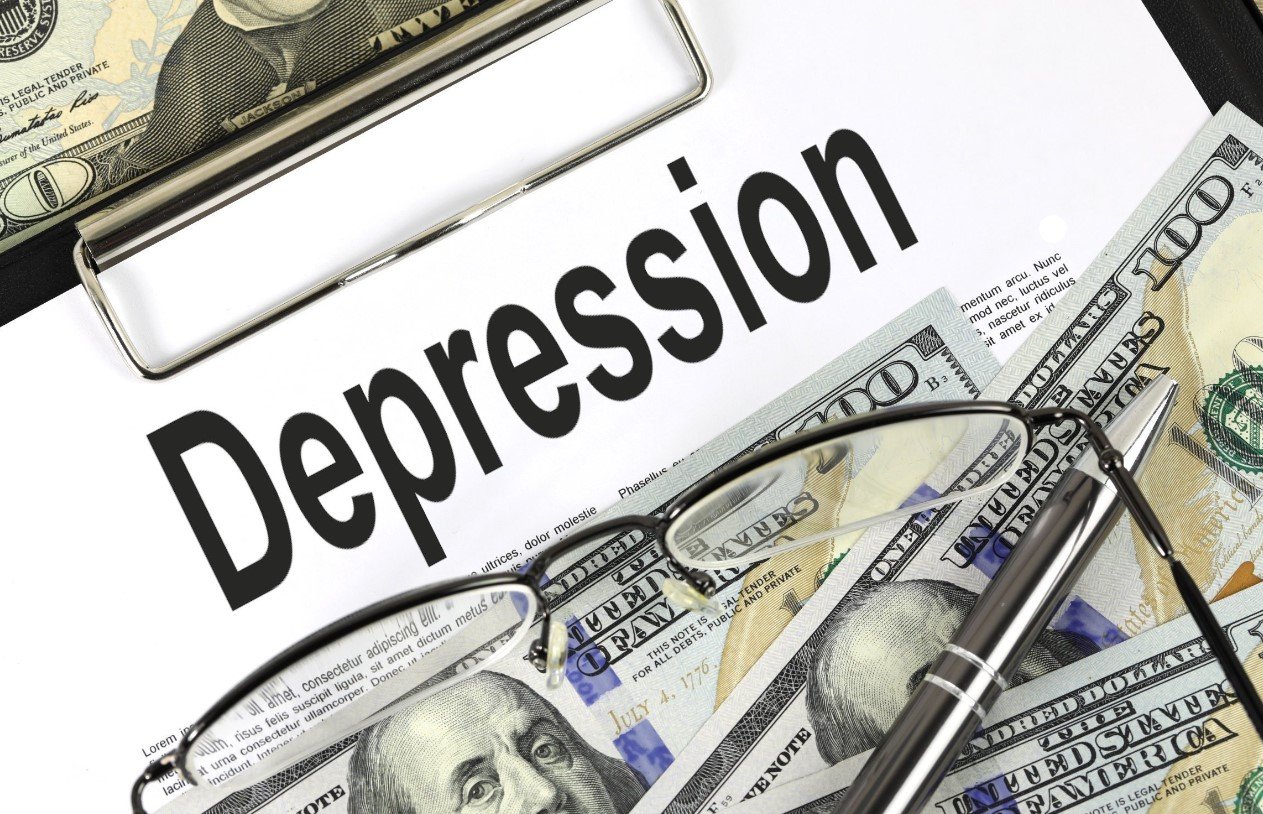A woman who suffered from a crippling form of depression for years has found a new hope with a novel therapy that involves implanting a device in her brain that acts like a pacemaker. The device, called deep brain stimulation (DBS), delivers electrical pulses to specific areas of the brain that regulate mood and emotions. The woman, who is part of a clinical trial in France, says that the therapy has changed her life.
Depression: A Common and Debilitating Mental Disorder
Depression is a common and debilitating mental disorder that affects more than 300 million people worldwide, according to the World Health Organization. Depression can cause persistent feelings of sadness, hopelessness, guilt, and worthlessness, as well as loss of interest, appetite, and sleep. Depression can also impair the ability to function at work, school, or home, and can increase the risk of suicide.
Depression can have various causes, such as genetic, biological, psychological, or environmental factors. Depression can also be triggered by stressful life events, such as trauma, loss, or illness. Depression can be treated with medication, psychotherapy, or a combination of both, but some people do not respond well to these treatments, or experience severe side effects.

For these people, who have treatment-resistant depression, alternative therapies may be needed, such as electroconvulsive therapy (ECT), transcranial magnetic stimulation (TMS), or deep brain stimulation (DBS).
Deep Brain Stimulation: A Pacemaker for the Brain
Deep brain stimulation (DBS) is a therapy that involves implanting a device in the brain that delivers electrical pulses to specific areas that are involved in various functions, such as movement, cognition, or emotion. DBS is approved for treating conditions such as Parkinson’s disease, essential tremor, dystonia, and obsessive-compulsive disorder, and is being tested for other conditions, such as depression, epilepsy, Alzheimer’s disease, and chronic pain.
DBS consists of three components: electrodes, a pulse generator, and a remote control. The electrodes are thin wires that are inserted into the brain through small holes in the skull. The electrodes are connected to a pulse generator, which is a battery-powered device that is implanted under the skin in the chest or abdomen. The pulse generator sends electrical pulses to the electrodes, which stimulate the targeted brain areas. The remote control allows the patient or the doctor to adjust the settings of the pulse generator, such as the frequency, intensity, and duration of the pulses.
DBS is thought to work by modulating the activity of the brain circuits that are dysfunctional in certain conditions, such as depression. DBS may also influence the production and release of neurotransmitters, such as serotonin and dopamine, which are involved in mood regulation. DBS may also affect the neuroplasticity of the brain, which is the ability of the brain to change and adapt in response to stimuli.
Woman With Severe Depression Finds Relief With Brain Pacemaker
A woman who suffered from a severe form of depression for years has found a new hope with DBS therapy. The woman, who is identified only as Isabelle, is part of a clinical trial in France that is testing the efficacy and safety of DBS for treatment-resistant depression. The trial, which is led by Dr. Bruno Millet, a psychiatrist at the University Hospital of Rennes, involves 16 patients who have electrodes implanted in their subgenual cingulate cortex, a brain region that is associated with depression.
Isabelle, who is 36 years old, says that she had been depressed since she was a teenager, and that she had tried various treatments, such as medication, psychotherapy, and ECT, but none of them worked for her. She says that she felt hopeless, worthless, and suicidal, and that she had isolated herself from her family and friends. She says that she had lost her job, her apartment, and her sense of identity.
She says that she decided to try DBS as a last resort, and that she was scared of the surgery, but also hopeful. She says that the surgery, which took place in 2020, was not painful, and that she recovered quickly. She says that she started to feel the effects of the therapy after a few weeks, and that she noticed a gradual improvement in her mood, energy, and motivation.
She says that the therapy has changed her life, and that she feels like a new person. She says that she has regained her interest in activities, such as reading, painting, and gardening, and that she has reconnected with her family and friends. She says that she has also found a new job, a new apartment, and a new partner. She says that she is happy, and that she has plans for the future.
She says that she still has some bad days, but that they are manageable, and that she can cope with them. She says that she still takes medication, and that she sees her doctor regularly to monitor her condition and adjust the settings of her device. She says that she is grateful for the opportunity to participate in the trial, and that she hopes that the therapy will help other people who suffer from depression.
DBS: A Promising Therapy for Depression, But Not a Cure-All
DBS is a promising therapy for depression, but it is not a cure-all, and it has some limitations and risks. DBS is an invasive and expensive procedure, which requires surgery, anesthesia, and regular follow-up visits. DBS may also cause some side effects, such as infection, bleeding, headache, nausea, or mood changes. DBS may also interfere with other devices, such as pacemakers, defibrillators, or MRI machines.
DBS is also not effective for everyone, and it may take some time to find the optimal settings for each patient. DBS may also lose its effectiveness over time, or cause tolerance or dependence. DBS may also not address the underlying causes of depression, such as trauma, stress, or personality factors. DBS may also not replace the need for other treatments, such as medication, psychotherapy, or lifestyle changes.
DBS is still an experimental therapy for depression, and more research is needed to determine its long-term efficacy and safety, as well as the best candidates, targets, and parameters for the therapy. DBS is also not widely available, and it may not be covered by insurance or accessible to everyone who needs it.
DBS is a potential breakthrough for depression, but it is not a magic bullet, and it should be used with caution and care.








